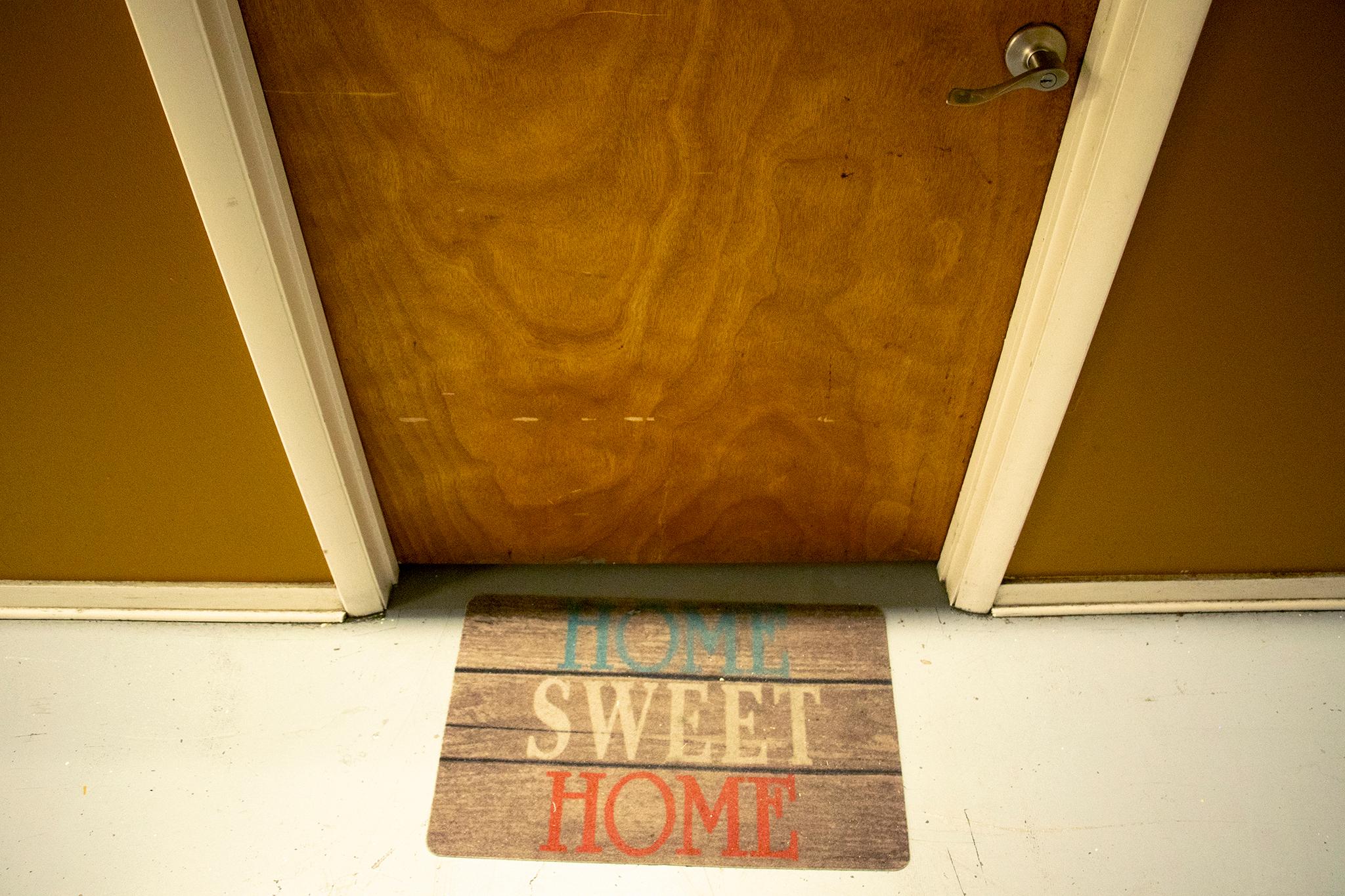In the short term, the Five Points Salvation Army shelter will be a little more comfortable if the city's plan to buy the facility works out.
In the long term, a Denver City Council committee heard Tuesday, the Crossroads shelter will be part of a new system better able to address the diverse ways in which people experience homelessness and help move them toward permanent housing.
The Finance and Governance Committee unanimously agreed Tuesday to move the purchase plan forward. The Hancock administration is proposing to pay just over $10 million for Crossroads, with the Salvation Army renting it back to run for at least three years.
"I applaud you all for purchasing this," Councilwoman Candi CdeBaca, a member of the committee, said Tuesday.
Obtaining the committee approval was the first of several steps ahead of a full Council vote on the proposal, first announced last week. A Council vote has not yet been scheduled.
Britta Fisher, Denver Economic Development & Opportunity's chief housing officer and the designated head of a planned city housing department, said bids by developers to buy Crossroads helped spur the city to acquire it and ensure it remains part of efforts to end homelessness.
"The shelter capacity is needed right now," she said.
A shelter at the site within walking distance of a clinic and other homelessness services "is needed for the foreseeable future," she added.
Fisher said the funding structure assures the city won't just flip the property.
The purchase will be made with federal funds earmarked for things like shelters. Selling Crossroads to developers "would impact our abilities to get future federal funding," Fisher said.
The shelter sits just off a fast-gentrifying stretch of Brighton Boulevard.
Fisher said the building was being assessed, and an upgrade to its heating, ventilation and air conditioning system is likely. She had immediate plans to replace floor mats on which some men spend the night with cots and beds.
Councilwoman Debbie Ortega, a member of the Finance and Governance Committee, said during Tuesday's meeting that improving the sleeping arrangements would be important for "the homeless men who are elderly and more frail."
Ortega also asked about provisions to ensure "folks who work don't have to worry about standing in line because they don't have a reserved bed."
Shelters have been increasingly seeing older people, as well as more and more employed Denverites, who are struggling as wages stagnate and housing costs increase. Families, women and young people also are poorly served by the traditional shelter model that assumes a person experiencing homelessness is a single, adult man without a job.
"We're seeing diversity ... and need to better reflect that in how we shelter people," Fisher said.
The Salvation Army already has a mechanism for men to reserve beds instead of lining up every afternoon in search of a place to spend the night.They can rent one of 250 beds with lockers underneath and privacy panels for $60 a week. Thirty lockable cubicles the size of dorm rooms with beds, dressers and sometimes desks can be rented for $90 a week.
That puts Crossroads in a good position as the city revamps its shelter system under a three-year plan developed with help from a consultant. Shelters currently open only overnight would become 24-7 sites where people can be stabilized and helped toward permanent housing.
"How could we do more to have those permanent exits to housing and those supports and services on site?" Fisher said.
Chris Conner, director of the city agency Denver's Road Home that coordinates homelessness services. said conversations with service providers would help flesh out the new shelter plan.
Councilwoman CdeBaca called the shelter plan "awesome" -- but so far unfunded.












